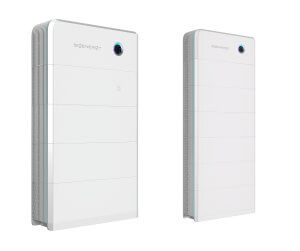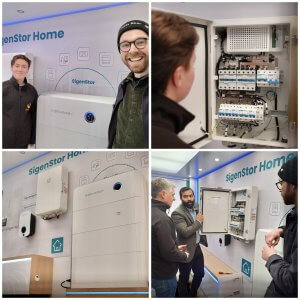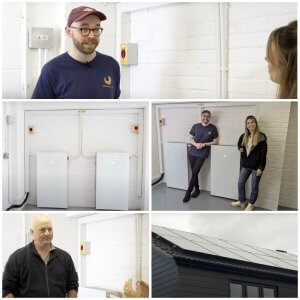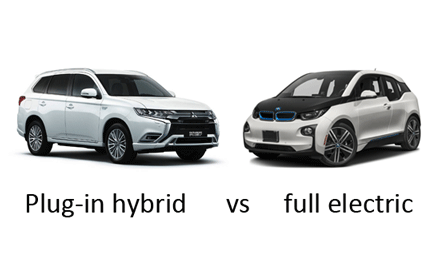We’re proud to share that last week, we won Contractor of the Year (C&I and Public) at the prestigious EVIEs, for the third time in four years.
The Electric Vehicle Innovation and Excellence Awards recognise the very best in the EV industry, and it’s an honour to take home the title again this year.
In 2023, we’ve installed lots and saved tonnes!
According to Zapmap, this past year we’ve installed 14% of all public charge points – a mix of fast and rapid chargers in public car parks, and on-street infrastructure. We’ve saved 4,000 tonnes of CO2 and 48 tonnes of NOx. We’ve supported Hammersmith and Fulham to expand their on-street network. Every resident is within 400 metres of a charge point and EV ownership has increased by 67%. Our work with Dorset Council has helped to put them in the top 20% of areas for charge point availability and as well as infrastructure for residents/visitors, we’re helping councils transition their fleets so community services are powered by renewable sources. This is critical for improving air quality and reducing CO2.
We specialise in infrastructure for atypical vehicles. A standout partnership has been working with Islington Council at their Waste Recycling Centre, and 10 other sites in the borough. The council’s ambition is inspirational, and we’ve now electrified over 70 bays for use by buses, waste trucks, tippers and other vehicles. All works took place with zero operational disruption.
We’ve further developed EV Charging Infrastructure across sensitive operational police, ambulance, fire stations and control centres. We’ve supported more workplaces with EVCI, to encourage EV uptake this year. We’ve also helped public and private sector organisations maximise underutilised spaces by installing solar car ports, to charge vehicles and power buildings.
Our first-of-its-kind ‘EV Insights’ group is now 3 years old, and it facilitates the pooling of best practice.
On social media it’s been said that we stand out by being “in it for the right reasons”. Our mission is to help communities, homeowners and workplaces cut carbon, and that will always be the case.
The reaction
Joju’s CEO, Joe Michaels, said:
“It’s a genuine honour for Joju Charging to win Contractor of the Year at the EVIEs for the third time. Once again, the credit goes to our hardworking team. Their passion for helping public sector and commercial organisations achieve their net zero carbon ambitions is second to none. We also want to say a huge thank you to our clients, customers, and partners, and congratulate our clients Islington Council and the Borough of Hammersmith and Fulham, who received shortlist recognition”.
Joju’s Head of EV, Graeme Patton, also commented:
“It’s amazing to win Contractor of the Year for the third time in four years, and it really is testament to the hard work of our teams, who are always looking for ways to continuously improve and lead the charge every day. To make the shift to electric vehicles people need more EV charging infrastructure, and helping the public sector deliver this is at the very heart of what we do… whether it’s helping local authority fleets transition, or providing more public charge points. It’s great to be recognised for the quality and innovation of our design and delivery across the board, from councils to commercial workplaces”.
Get in touch
If you’re thinking of making the switch to an electric vehicle, or if you’re a public sector or commercial organisation working towards net zero, do get in touch with us – or explore our website to find out more about our approach.
Discover more
Check out our EV charging approach
Find out more about our projects with public sector organisations
Want EV charging at work? Read more here
Browse our EV case studies
















